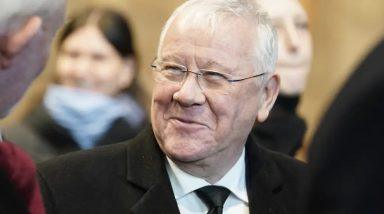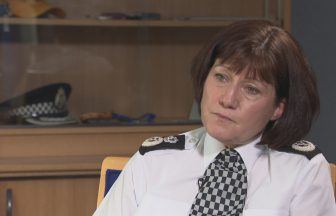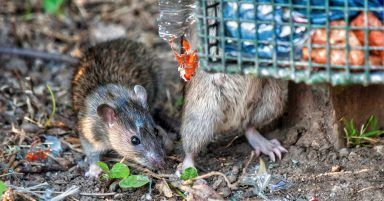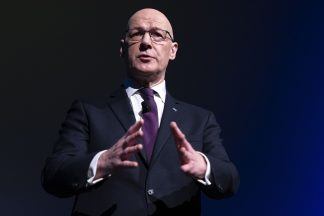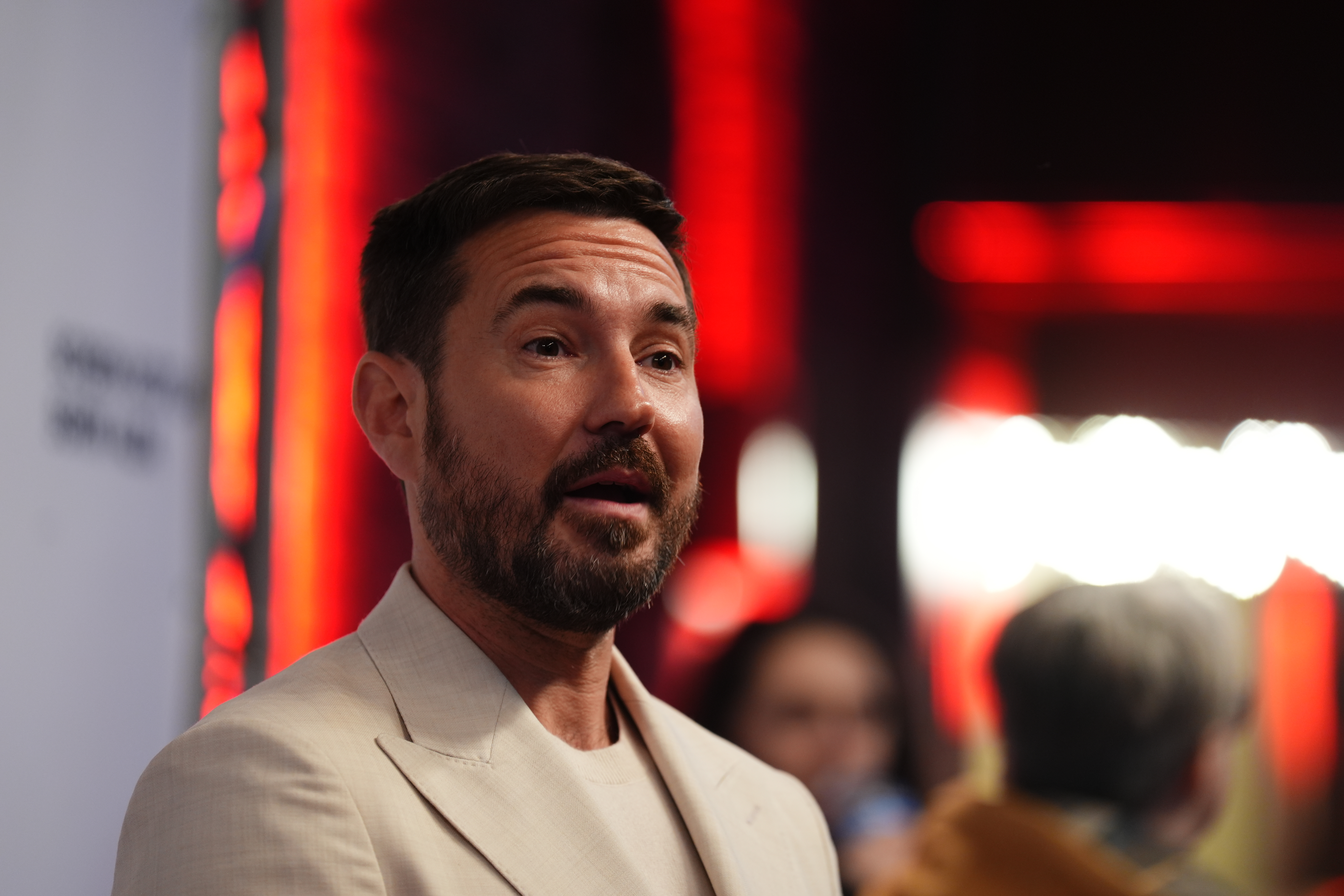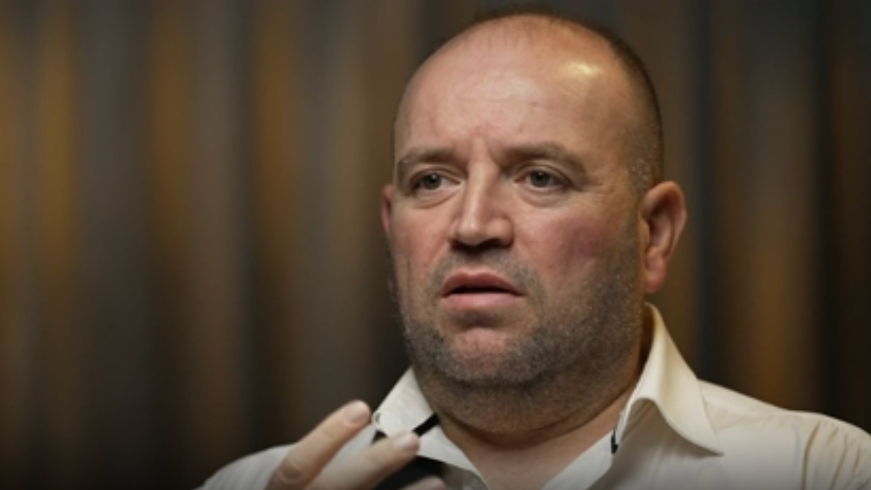The co-leader of the Scottish Greens has said the effect of coalition is on the minds of senior party MSPs as they engage in co-operation talks with the Scottish Government – but she does not see that as a problem.
Lorna Slater, along with fellow co-leader Patrick Harvie, has been engaging in talks with the Scottish Government in recent weeks, with the decision made to formalise the discussions this week.
First Minister Nicola Sturgeon has said the end goal is a formal co-operation agreement between the two, which could eventually see Green MSPs taking up ministerial positions.
However, following the Lib Dem decision in 2010 to go into coalition with the Tories at Westminster the party was destroyed at the ballot box – dropping 49 seats and 15% of the vote in 2015.
“I think that’s on everybody’s mind, absolutely,” Slater said.
“I think both the Scottish Government and ourselves are taking a risk, as the First Minister said yesterday, to put this out there, to publicly announce that we’re interested in trying to find effective ways of tackling the climate crisis, effective ways of dealing with recovery by working more closely together.”
She added: “The kind of arrangement that we’re probably looking at doesn’t look like what we would consider a coalition.
“That’s probably not the kind of arrangement we would look at, it’s probably something that’s a bit of a distance from that, a different kind of arrangement.”
The Greens co-leader also said it was the First Minister who made the first approach, contacting both Slater and Harvie to invite them to talk about a potential alliance.
While there is little known about the detail of a final agreement, Slater said it could mean the creation of long-term financial planning, meaning the Scottish Government could rely on the support of the Scottish Greens in such a way as to make longer-term financial commitments in the annual budgets.
Both Slater and Sturgeon have said an agreement is not necessary because of parliamentary arithmetic, but have said it is an attempt at cross-party working.
Although the decision to speak to the Greens could be seen as one made to bolster calls for another independence referendum, the new Lothian MSP said she would take the Scottish Government entreaties at face value.
“I don’t think I can second guess the motivation of the Scottish Government,” she said.
“Certainly the way they’ve presented to us in the approach they’ve made has been around wanting to change their approach on climate, wanting to be seen to take that seriously, to take action on it … bring in the experts – bring in the people who have practical policies.
“I’m optimistic that means the Scottish Government are genuine in their interest to take a more serious and more integrated look – more joined-up thinking – on the climate crisis and how that depends on having a wellbeing economy.
“I’m taking it hopefully in the spirit which I think it was intended, with good intentions to really, genuinely make some transformative change.”
Follow STV News on WhatsApp
Scan the QR code on your mobile device for all the latest news from around the country


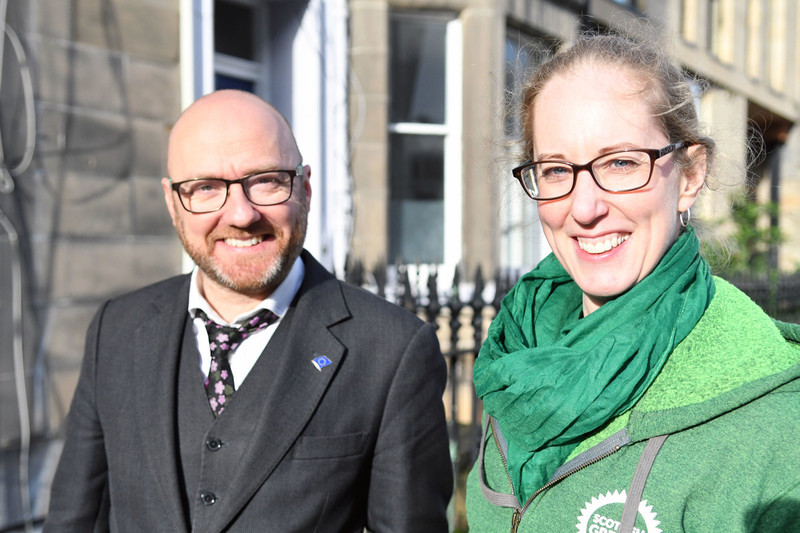 Scottish Greens
Scottish Greens






